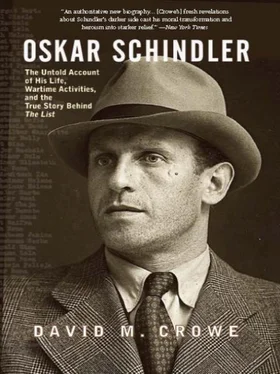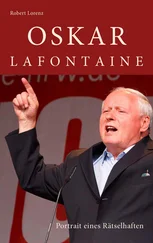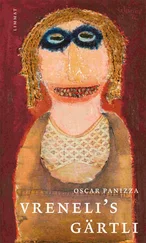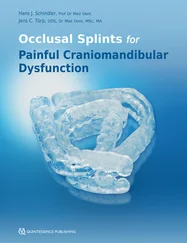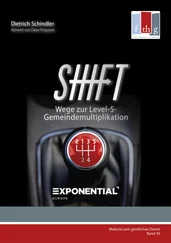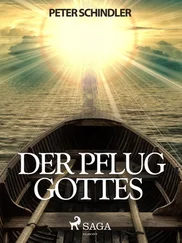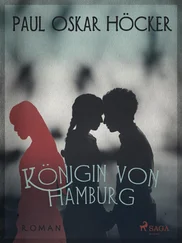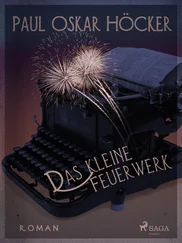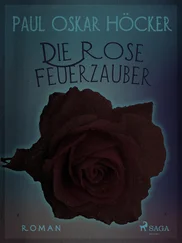After they left Visolaje, Polansky drove Oskar and György to Raškovice, which was equidistant between Moravská Ostrava and the Jablunkov Pass. Once there, they met with a farmer, Julius Fischer, who took them to meet with another agent, Vilém Moschkorsch (Moschkorz), who was from nearby Staříč. Oskar and Moschkorsch went off by themselves to talk for half an hour. After they returned to the car, Polansky drove Moschkorsch to Starříč and then took Oskar back to Moravská Ostrava. 50
When they were back in Moravská Ostrava, Polansky drove Oskar to the Podrum wine cellar. Sitting at another table were two Abwehr agents who had been waiting for Oskar. One of the two strangers was Kobierskü, an Abwehr agent who worked closely with Schindler and György. Oskar left Polansky and György alone while he went to talk with Kobierskü and the other agent. When Oskar returned, he told Leutnant György of their conversation and then left the wine bar. Afterwards, Polansky drove György to the Café Palace, where he met Oskar again. The two agents talked for two hours and then were driven back to the Podrum, where they had dinner. Afterwards, Kobierskü and another agent sat at a nearby table, where Oskar soon joined them. After a lengthy conversation with the two Abwehr agents, Oskar returned to give Leutnant György a letter and some documents that Polansky thought were plans of some sort. Polansky later identified the strangers that Oskar met on March 12, 1939, during his two visits to the Podrum as František Unger, an Abwehr operative who also worked with the SD, and Bedřich Schestag, also an Abwehr agent. 51
Other agents who worked with Schindler during this period were Waltraud Vorster, Ervin (Evžen) and Ladislav Kobiela, Dr. Walter Titzel, Hildegard Hoheitova, and Josef Urbánek. Kobiela’s real name was Oskar Schmidt. All these local Czechoslovak operatives were on the Czech most-wanted list after World War II. Charges were filed against all these agents and collaborators after the war; Vorster, the only one who could be found, was sentenced to fifteen years in prison. The Abwehr and postwar Czech reports also mention two other agents who worked with Oskar, a Herr Zimmermann from Česky Těšín who also worked closely with Lts. Lang and György, and František Cienciala (Činčala/Czincala) from Svibiče. 52Yet the most interesting of all the operatives and collaborators that Oskar worked with during his time in Moravská Ostrava/Mährisch Ostrau was Josef “Sepp” Aue. During the war, Aue worked for Oskar in Kraków, where Schindler helped him to obtain a factory. Aue turned on his friend after the war and gave damaging testimony about Oskar’s Abwehr activities to the Czech secret police. On the other hand, Aue had no compunction about trying to reestablish contact with prominent Schindlerjuden after his meetings with Czech authorities. 53
Sepp Aue was an illegitimate Jew whose mother, Emilie Goldberg, raised her son as a Roman Catholic in Bruntál, about fifty miles northwest of Moravská Ostrava. Aue was his mother’s maiden name. According to a letter that Aue wrote to Itzhak Stern in 1948, his father was killed in Auschwitz in 1942. Aue’s mother married Karl Lederer, who died in 1937. After World War II, she emigrated to Israel. Aue was able to hide his Jewish background by becoming a staunch Sudeten German nationalist. In late 1938, Aue applied for membership in the Nazi Party. Aue first met Oskar through his contacts as a money trader. After the German takeover of the Sudetenland, Aue made a living exchanging currency from Czech Jews fleeing the Greater Reich. He met Schindler through his principal moneylending contact, Helena Bohdanova, a fur trader in Cieszyn. According to Aue, Oskar, who initially introduced himself only as “Zeiler,” forced Aue to work for him by threatening to charge him with violating German currency laws. Oskar “Zeiler” did show Aue identification that indicated he was a member of Kripo, the German criminal police. “Zeiler” warned Aue that he could be sent to prison for his illegal activities. There was, according to “Zeiler,” an alternative. Sepp Aue could work for him gathering military intelligence along and inside the Polish border. He added that it was Aue’s duty as a good German to work for the Reich. 54
Oskar “Zeiler” Schindler was initially interested in military activities and movements at the Polish railway station at Bohumín. This was an important rail center that Hitler, against the advice of German military leaders and diplomats, had permitted Poland to seize as German troops marched into Bohemia and Moravia in March 1939. Aue was not a very good agent. Oskar told Aue to go to the Bohumín area in the spring of 1939 and gather as much information as he could on Polish military installations and important troop movements. Aue became so confused with the maps that he decided to lie to Oskar. According to Aue, he gave Oskar false information when he met with him at the Hotel Palace after he returned to Mährisch Ostrau. Oskar quickly saw through Aue’s lies and concluded that he was not fit for intelligence work. He promised Aue that he would try to find other work for him. For some reason, Oskar liked Sepp Aue and took him to Kraków after the outset of World War II. After the war, Aue returned Oskar’s friendship by testifying against him in Czechoslovakia. Czech authorities considered Aue’s testimony against Oskar so significant that they thought Aue should be turned over to Polish authorities for further investigation. There is no evidence, though, that the Czechs did this. Moreover, Aue was never charged with anti-German activity and continued to live in Ostrava after the war. He later told Itzhak Stern that his experiences after the war were “indescribable.” 55
Two other important Sudeten German Abwehr operatives were Karel Gassner and František Turek. According to Robin O’Neil, Gassner was Schindler’s boss in Ostrava. Czech postwar investigative reports indicate that Gassner operated under the pseudonym “Princ.” He was listed first on the Czech “most wanted” list for local Abwehr operatives in the Moravská Ostrava area after the war, followed by Oskar Schindler. Gassner, who was born in 1885 in Plzew (Pilsen), was much older than Oskar and probably lacked his energy and charm, which might explain why some Abwehr operatives considered Schindler the effective head of the unit in Mährisch Ostrau. The Czech secret police report describes Gassner as elderly, grey, and slim with a slight hunchback. This was in striking contrast to his tall, blond second in command, Oskar Schindler. 56
According to Josef Aue, Frantisek Turek was Oskar’s right-hand man in Mährisch Ostrau. Turek was a Czech theater painter who had worked for Abwehr in Opava during the First Czech Republic (1918–1938). The Germans valued Turek because he spoke fluent Czech, Polish, and Russian. As an Abwehr agent, Turek was actively engaged in smuggling German arms into Slovakia and Poland. According to Aue, Turek, who also worked with Oskar Schindler in Kraków, bragged one night in Kraków, after a few too many drinks, that he had discovered a Czechoslovak arms depot in Slovakia after the German takeover of the Sudetenland. He reported this to his Abwehr superiors, who rewarded him with 10,000 Czech crowns ($294). He also told Aue that he killed a Polish border guard in the early hours of the German move into Těšín on September 1, 1939. Like Oskar, Frantisek Turek moved to Kraków after the war began, where he became Treuhänder (trustee) for the Laudon Company, which manufactured crockery. 57
Yet more important to Oskar than his Sudeten German contacts were the German Abwehr officers whom he worked with in Mährisch Ostrau and Kraków. According to Czech investigative records after the war, six German officers oversaw Abwehr activities in the Opava-Moravská Ostrava/Mährisch Ostrau area of the former Czechoslovak Republic before World War II: Major (later Oberstleutnant ) Plathe, Hauptmann Kristiany, Leutnant Görgey, Leutnant Decker, and Leutnant Rudolf (or Karel) Lang. After the war, Oskar praised some of these officers, particularly Plathe and Major (later Oberstleutnant ) Franz von Korab, for their efforts in securing Oskar’s release from Gestapo detention and helping Oskar protect his Jewish workers. We have to rely on these sources for our information about their efforts because most Abwehr records were destroyed during World War II. 58
Читать дальше
